
A philosophy of recognition
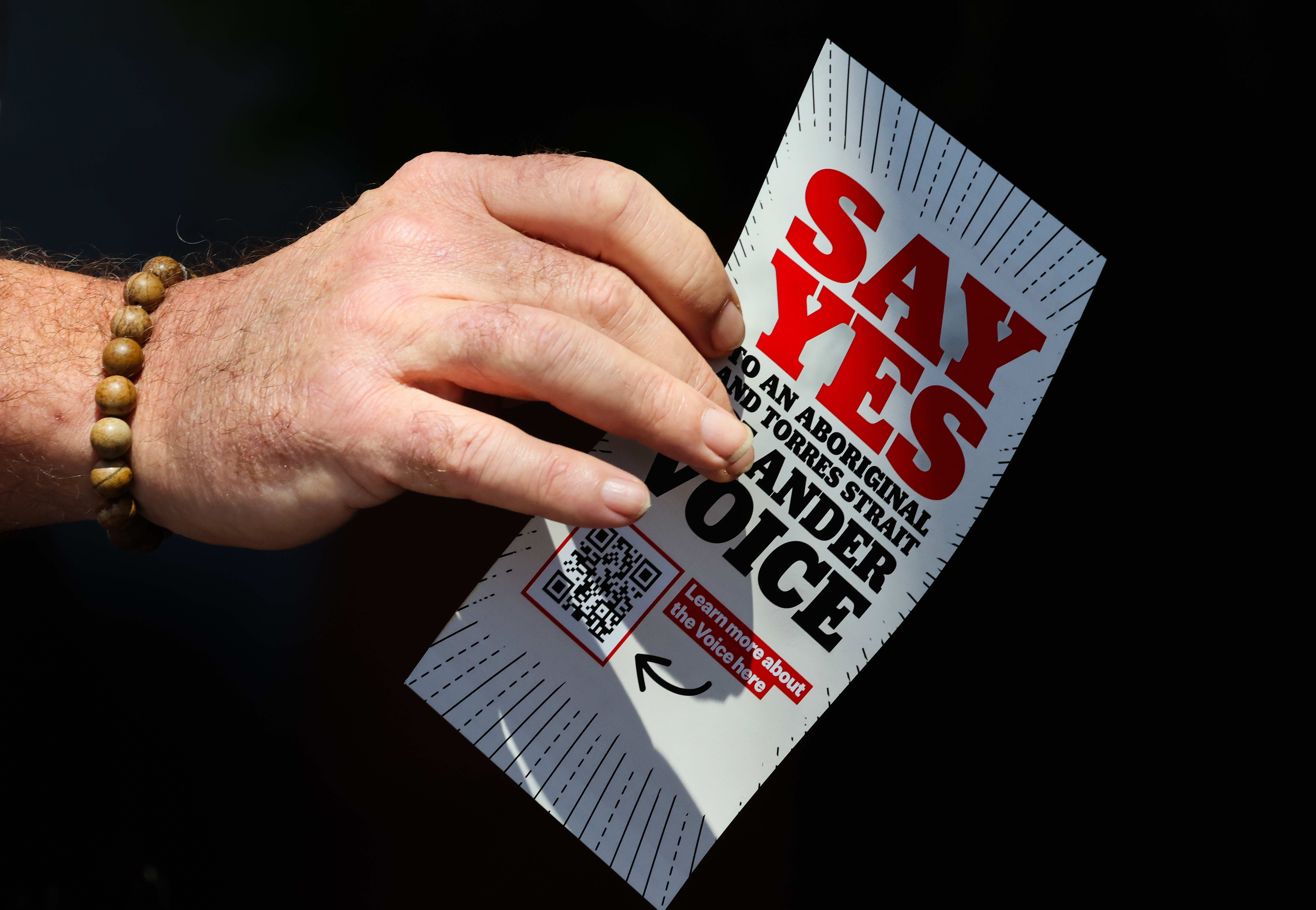
An Aboriginal and Torres Strait Islander Voice enshrined in the Constitution is an invitation to stand with the oldest living culture in the world. It’s not a big ask, but it is a big gesture
Published 4 October 2023
Aboriginal and Torres Strait Islander readers should be aware that this article contains images of deceased persons.
Prior to colonisation, Aboriginal children were born into systems of law and kinship that held a place and identity for them within the world.
They were born into a world they belonged to, one that had waited for and anticipated them. One that recognised a future for them.
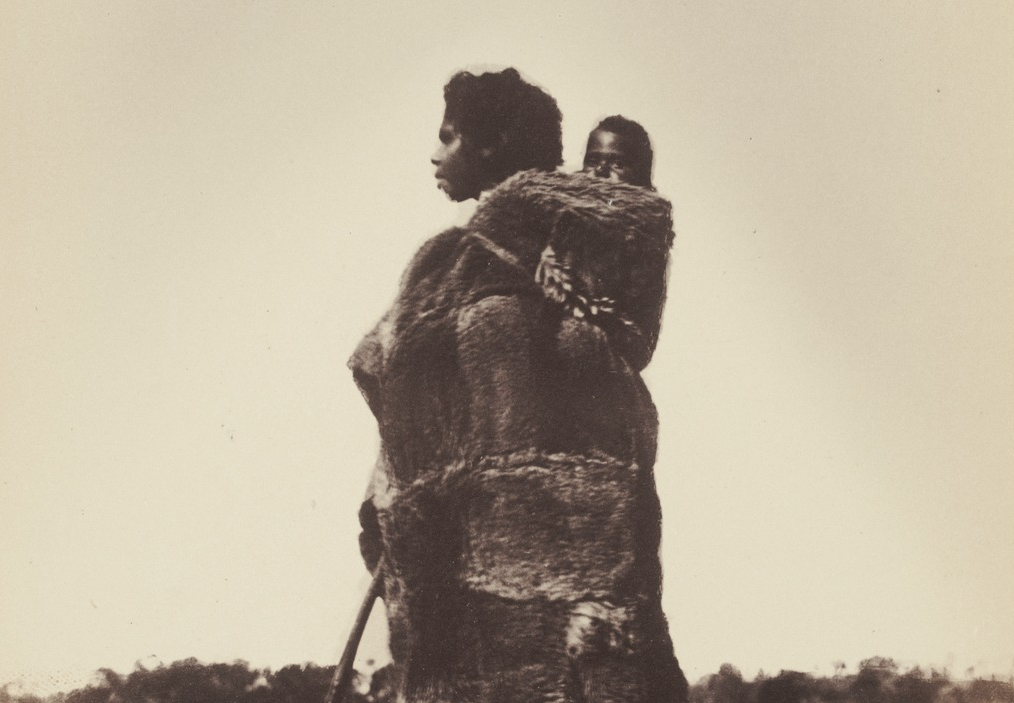
In Australia’s south-east, Aboriginal children were birthed into a small possum skin cloak. It was made of four or five possum skins that were stitched together with strong neat stitches of kangaroo sinew.
Much more than a source of warmth and comfort, the cloak would be etched, using shell or bone, with designs that were “deep, meaningful, iconography of Country, of totem and of place”, imbuing the wearer with identity and belonging.
Added skins and designs would shape the cloak over a lifetime and become a burial cloak upon death.

Recognition is necessary to maintain a good relationship with ourselves and how we develop our identity. This applies to Nations as much as to individuals.
But the most heeded relationship in Australia is not between actual people, but between non-Aboriginal people and the colonial symbolism that scaffolds its nation building.
Constitutional recognition will be acutely felt by Aboriginal and Torres Strait Islander peoples. Life-changing, in many instances.
For non-Aboriginal people of Australia, this change will be virtually unfelt.
The impact on the country as a nation is existentially critical – non-Aboriginal Australia can come to know and relate to Aboriginal and Torres Strait Islander people.
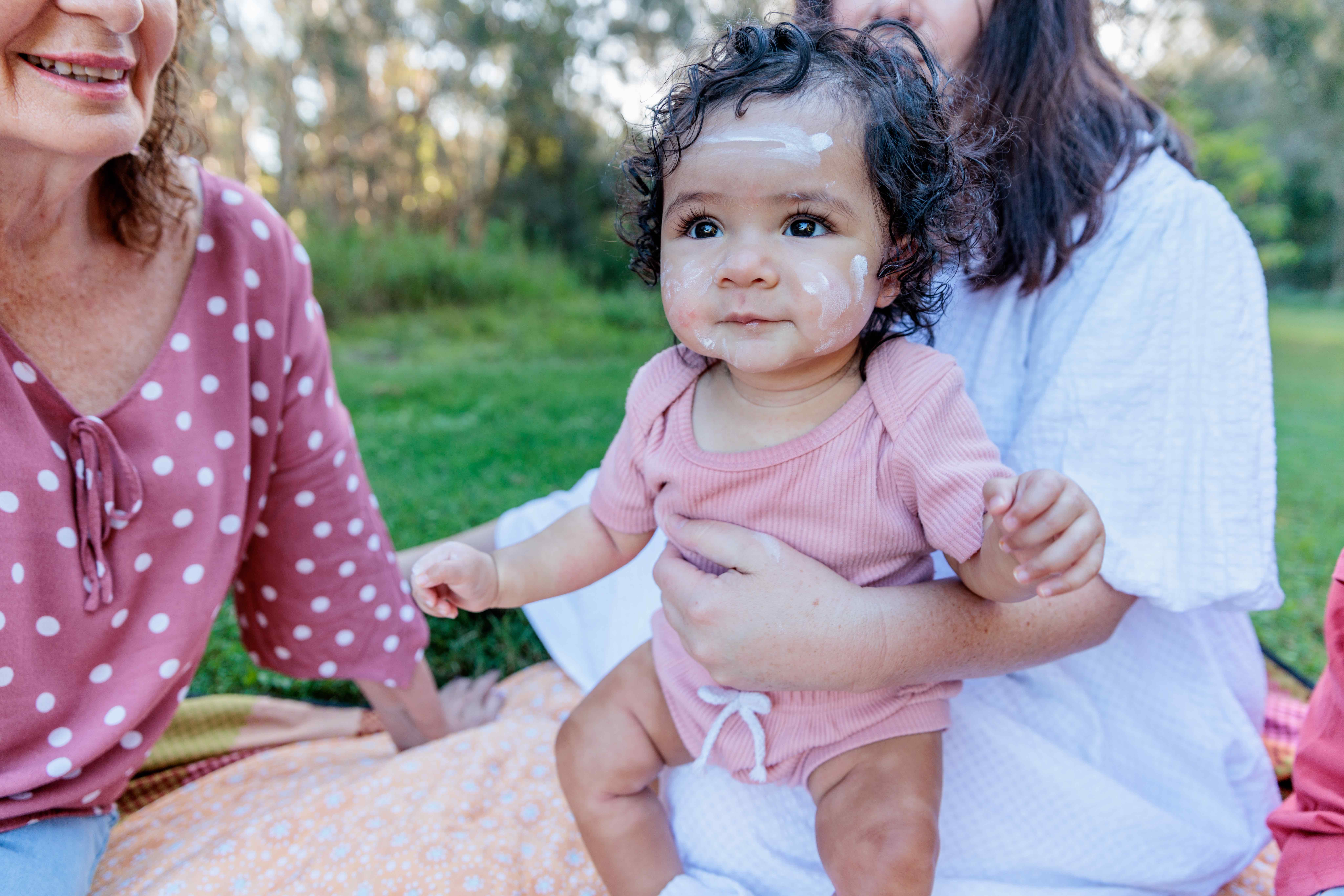
Many people fear change. It is a difficult step to take when comfort allows for a certain sense of security. Extending that comfort to the First Peoples of Australia requires change.
If it is the Nation’s perception of Aboriginal and Torres Strait Islander people that must change, then a deep soul-searching exercise must happen that asks two questions: what does it mean to be unrecognised? And, perhaps more importantly, what does it mean to oppose the recognition of others?
Constitutional Recognition of Aboriginal and Torres Strait Islander peoples and an active Voice to Parliament offers dignity not only to the First Peoples of the country but to all Australians.

Politics & Society
I’ve seen the value of The Voice in action
The recognition of those whose suffering has been held at arms-length by a colonial shadow over the nation’s heart, provides a maturing prospect. It rejects the lingering antipathy for Aboriginal and Torres Strait Islander peoples and suspends the colonial conviction of inevitability.
A philosophy of recognition in this way affords Australia self-respect and a self confidence that comes from a new place, a place within that offers love and kindness.
Aboriginal and Torres Strait Islander health can be greatly improved by such a shift in mindset.
As a distal determinant of health, Australia’s colonial foundations continue to influence inequities and disparities.
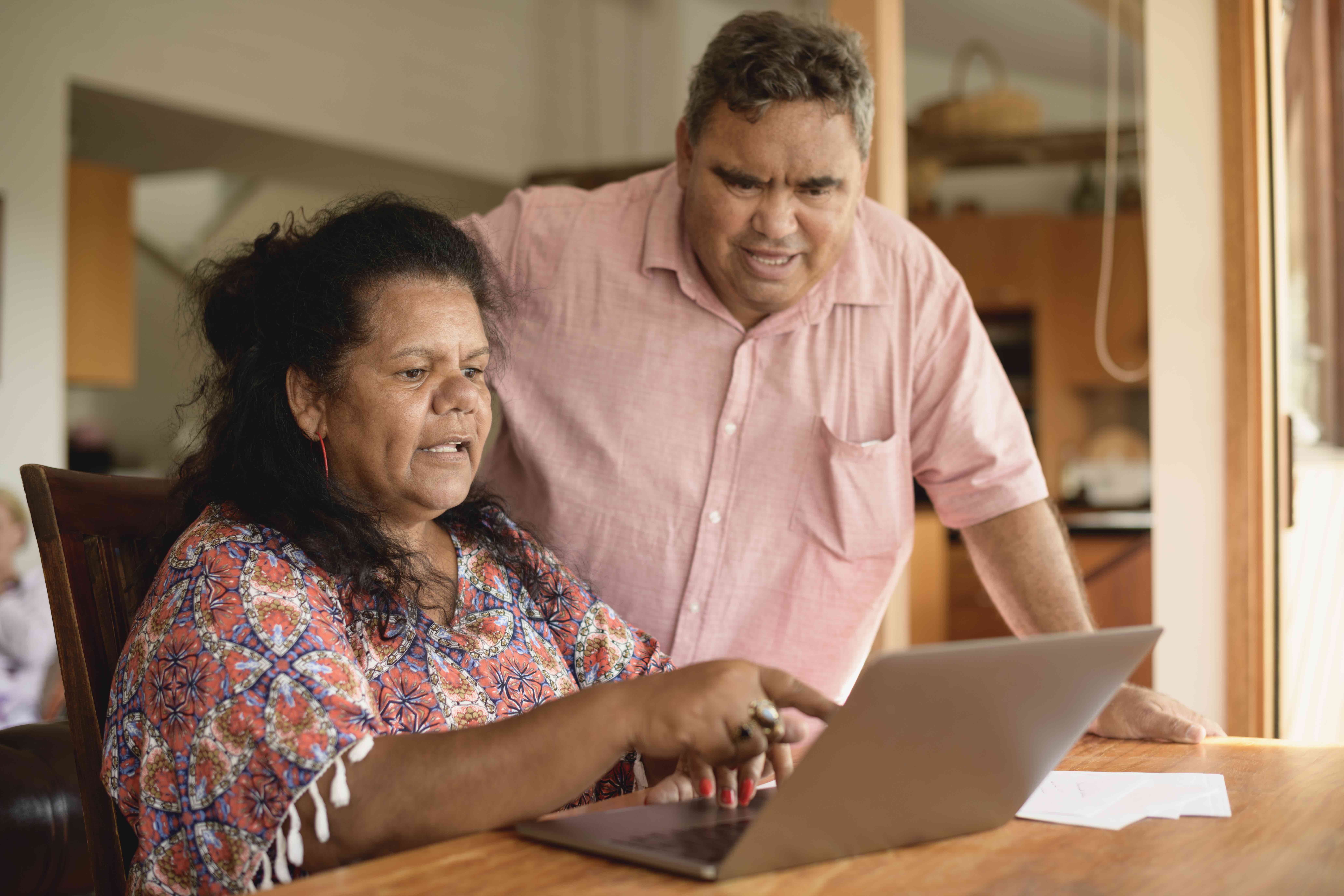
The social exclusion, racism and lack of self-determining decision-making that are derived from a colonial spirit contribute to a level of particular social disadvantage for Aboriginal and Torres Strait Islander people that maintains inequality.
Social and economic inequality drive the greatest causes of ill-health in Aboriginal and Torres Strait Islander communities.
When afforded the opportunity to engage traditional practices, like birthing on Country and holistic healing, and provided primary health care through local community-controlled health services, Aboriginal and Torres Strait Islander people are healthy, well and successful.

Politics & Society
Being an effective ally for self-determination
This tells us that control over our health, and our lives more generally, with decision-making at its core, is crucial to seeing improvements in health.
The provision of a Voice to Parliament will go a long way toward this.
An Aboriginal and Torres Strait Islander Voice enshrined in the Constitution, as described by the Uluru Statement from the Heart, is a “coming together after a struggle”.
This is what is being asked of the Australian people in this referendum. It is not a big ask, the role of the Voice will be advisory only, but it’s a big gesture.
It is an invitation to stand with the oldest living culture in the world, to honour it with pride and make provision for a rightful and unique place for Aboriginal and Torres Strait Islander peoples.
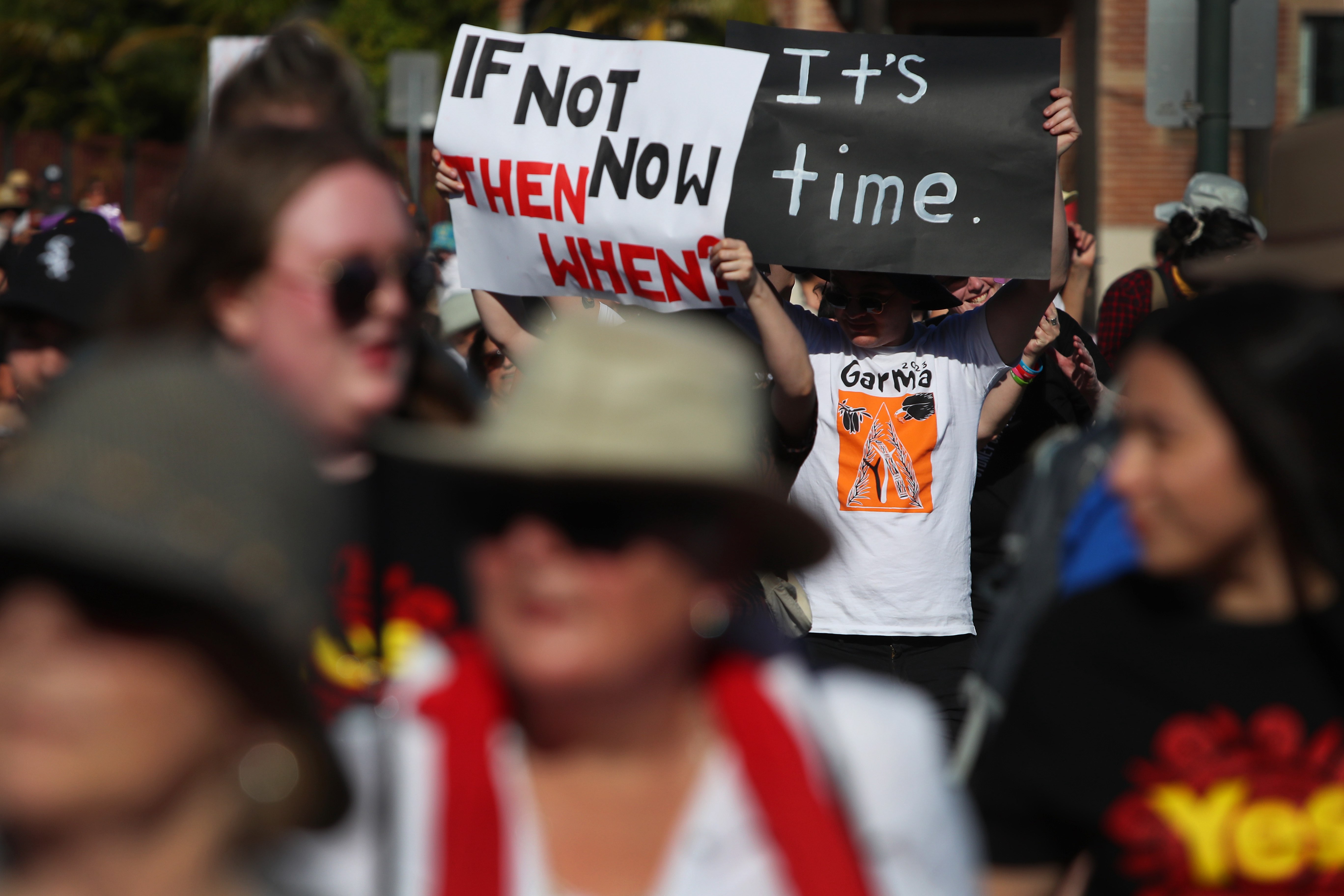
If success is not forthcoming in this referendum and the place for Australia’s First Peoples is not inscribed in the Constitution through a Voice, the great Australian silence will endure.
Possum skin cloaks will continue to be made, through revitalisation efforts.
Aboriginal and Torres Strait Islander parents will continue to teach their children how to navigate a world that doesn’t hold a recognised place for them.
And a new generation of Aboriginal and Torres Strait Islander leaders will take up their posts, standing on the shoulders of warriors, and after a time of waiting and recovery, they will invite Australia, again, to build a relationship based on recognition.
Banner: Getty Images
